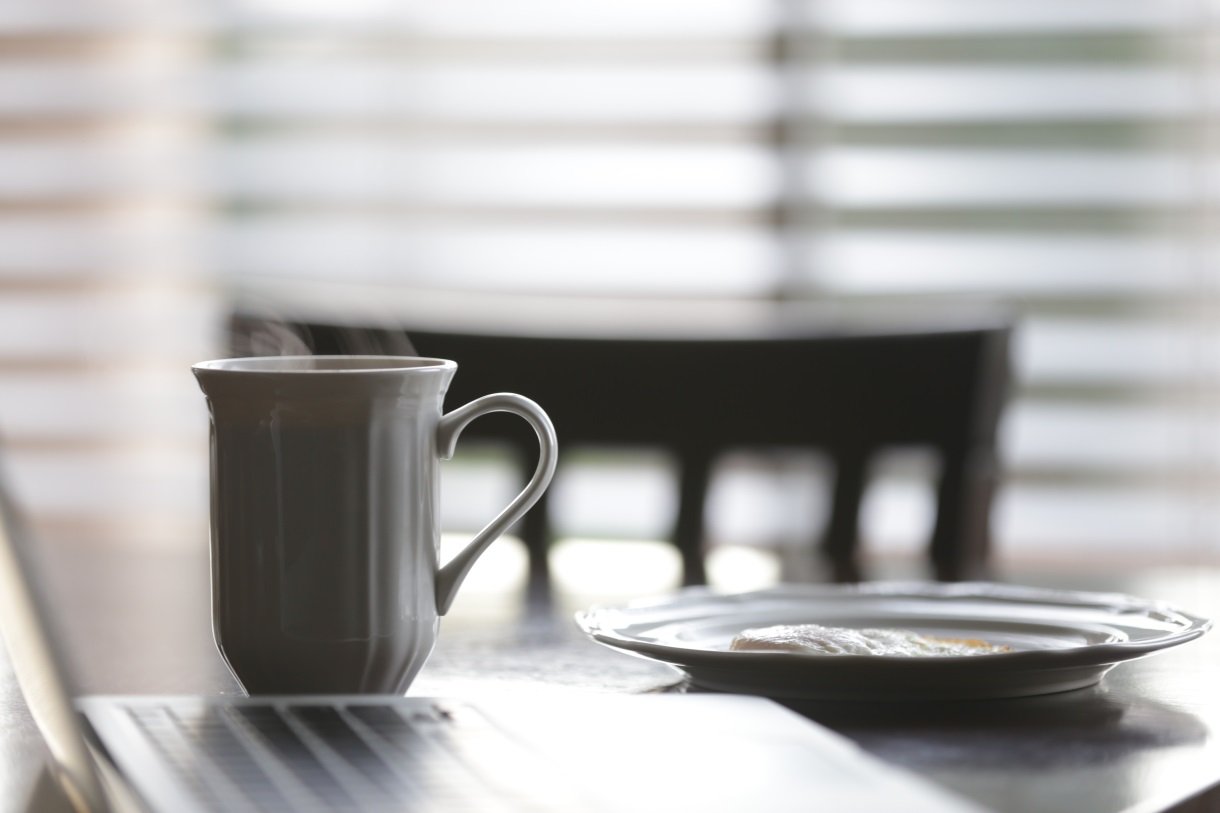
by Fern Shaw | Jan 30, 2019 | water cooler, Water Coolers
We’re not referring to being in hot water, mind, rather we’re referring to how drinking hot water (and most derivatives thereof) in cold weather boosts our sense of well-being, makes us happy and unbelievably is good for our health too.
Mind how you go. As with anything that you ingest or consume that purports to be healthy, there’s usually a proviso. Of course there is. That’s why we’re not suggesting that you can drink as many of those marshmallow topped, cream laden hot chocolates as you like and still be in the peak of health, but we are stating that by drinking hot water drinks (not just hot water) you will achieve more than just one goal – you’ll warm yourself up, increasing your body temperature; you’ll feel comforted which increases your sense of well-being and if you’re drinking the right hot drinks, you’ll keep yourself hydrated, which means you’re maintaining your good health.
Don’t be fooled. Unless you were hibernating for the last few decades, you should no doubt be aware (by now) that sugar-free doesn’t equal better health. In fact, the ‘cheat sweeteners’ can be as bad for your waistline if not worse than could good old granulated sugar. If it tastes oddly synthetic, chances are it usually is.
What’s left, then? Quite a bit actually. Here are a few ideas to keep your precious little self hydrated, your tummy warm; and you fighting fit this winter:
- Install either a hot and cold water cooler or a hot water boiler at your premises. Visit it, often.
- Once you’ve installed your hot water maker, speak to those around you – ask them what hot water drinks they enjoy which don’t pack on the pounds.
- Go exploring. Virtually of course. As an example, you’ll find quite a few hot water drinks tips at the AquAid Water Coolers blog There’s plenty to choose from which will hopefully to inspire your hot water drinks journey.
However you choose to warm up this winter, we wish you happy hydration health.
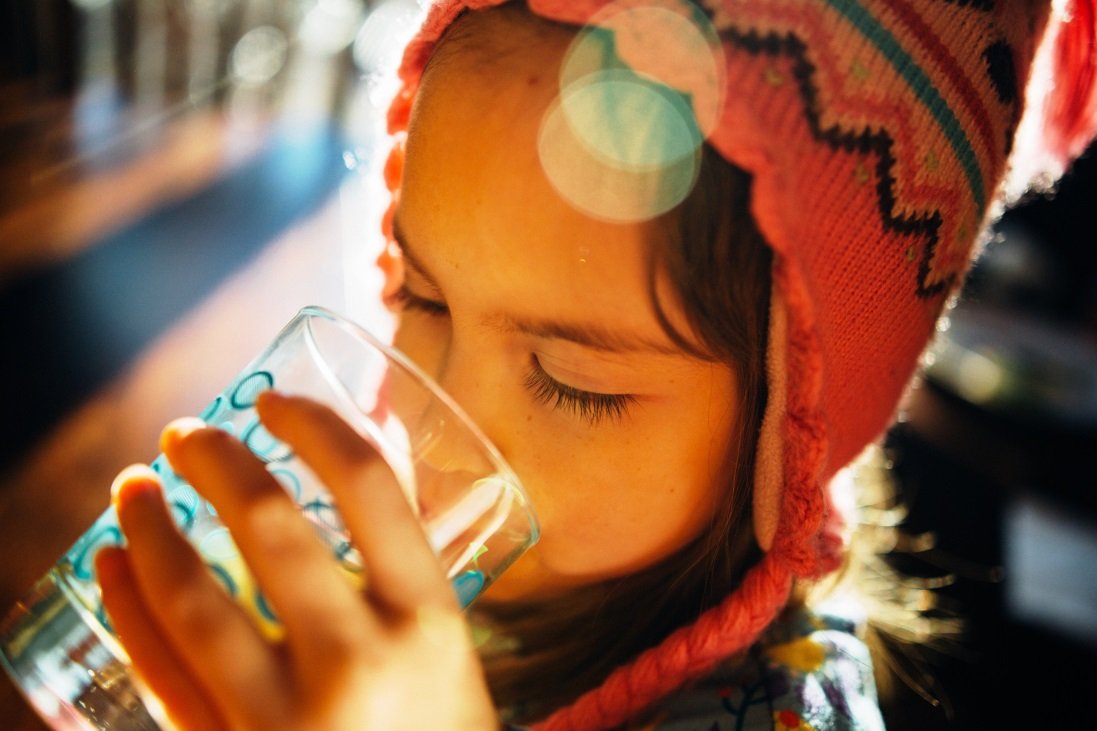
by Fern Shaw | Jan 28, 2019 | instant tap, Water Boilers, Water Coolers
Sneaky because maintaining good hydration habits in winter can be just that: studies show that we can be up to 40% less thirsty in winter.
Dehydration is less noticeable in winter: During the summer in the UK, it’s far easier to equate how thirsty we are with how dehydrated we may be. Hot weather tends to make us sweat more, making dehydration much more noticeable. However, in winter, thirst isn’t as immediately apparent and perspiration turns to water vapour very quickly. As an example, when you step outside from a warm environment into a cold one and you can see your breath – that’s water vapour, which means you’re dehydrating.
Staying hydrated in winter helps us stay warm: Our bodies use water to help maintain our core body temperature. Dehydration can cause our core body temperatures can drop. Therefore the benefits of staying hydrated in winter are twofold: we stay hydrated and we keep warm when it’s cold outside.
… And gives your immune system a welcome boost: Our instinct in winter is to hibernate, especially indoors. Modern life, however, makes this untenable: we’re in and out of doors on a daily basis and the radical changes in temperature can easily and negatively affect our immune system as our systems fight to bring our body to the right temperature. That’s why it’s important to make sure we don’t decrease our water intake during winter. A good hydration habit is one of the simplest and best ways to keep the immune system boosted and ready to battle common winter illnesses like colds and flu. Whether you’re at home or at work, installing a water cooler will help you to easily keep up your water consumption, with refreshing drinking water available at the touch of a button.
Weight maintenance and loss: The cold weather can often lead us to exercise less and eat more. Weight gain because of this is often further exacerbated by not staying hydrated through winter. Maintaining hydration enables our bodies to be more efficient at breaking down fats and converting them to energy.
A few tips to maintain proper hydration during winter:
- Keep water in your line of sight – keep a water bottle on your desk or put a glass next to the kitchen sink to remind you keep drinking. Remember too, AquAid have a range of desktop and counter top water coolers making them the best reminder there is.
- Set yourself a reminder – An alert on your phone can remind yourself to top up your water bottle.
- Eat water rich foods – soups, salads or fruit as mentioned in our series on water rich fruit.
- Plump up your plain H2O – Adding a slice or wedge of lemon, lime or even cucumber gives your water an extra refreshing burst of flavour.
At AquAid Water Coolers, we provide a wide range of water dispensers to a broad and diverse set of customers from small, medium and large businesses through to medical facilities, universities, colleges and schools.
With more than 20 years’ experience in the provision of the right water coolers, water boilers, Instant Taps and water fountains to more than 33,000 customers, you can be assured that we will have the right water cooler to help keep you properly hydrated, whatever the time of year. Speak to us, we’ll be happy to help.
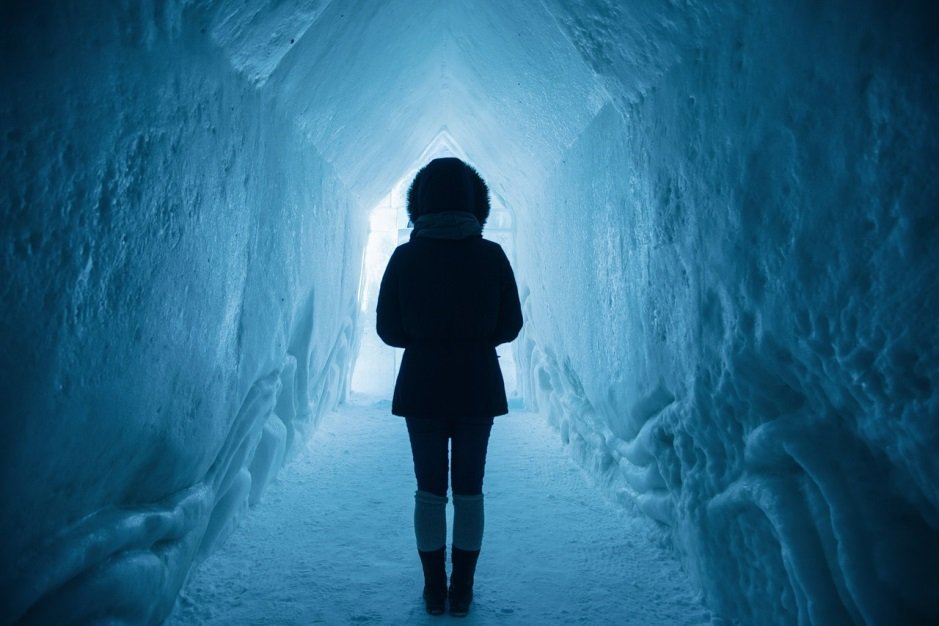
by Belinda Ollewagen | Jan 18, 2019 | water cooler
The weather is dreadful at the moment, and if you’re so cold that you feel like you’re caught in a snow tunnel, the last thing you’ll want to do is take a meander over to the water cooler and fill up your glass with something cold. While this might be understandable, it’s not advisable. Despite the cold, our bodies still require proper hydration – and there are other ways of maintaining your water intake during the cold winter months.
Keep it top of mind – if you make a conscious effort to remain properly hydrated and perhaps add it to your to-do list or schedule reminders, it’s easier to keep on top of it.
Go for the hot – teas and coffees do count towards your daily water quota, but it shouldn’t be your only source of water. Try to supplement with green teas if you can – they offer many health benefits in addition to aiding hydration.
Room temperature works – ice cold water is not very inviting at this time of the year, so fill your bottle at the water cooler early morning and let it stand out and reach room temperature, making it much easier to drink.
Keep it visible – out of sight, out of mind is the old adage, so be sure that however you choose to go about drinking your daily water, it’s something that’s nearby and visible.
Soup up – an excellent way of getting in more liquid, and definitely very welcome in winter, is to up your soup intake. Have a bowl for lunch and try to have a bowl in the evenings too if you can before your main meal.
Eat your water – if you’re struggling to drink as much water as is necessary, then try to eat more of it. By including extra fruit, tomatoes, cauliflower and squash in your diet you automatically increase your hydration levels.
Avoid too much salt – and last but not least, try to reduce the amount of sodium in your diet. This doesn’t only refer to the salt you add to your food, but also certain food types like processed foods. Ultimately too much salt can cause dehydration which would render your other efforts wasted.
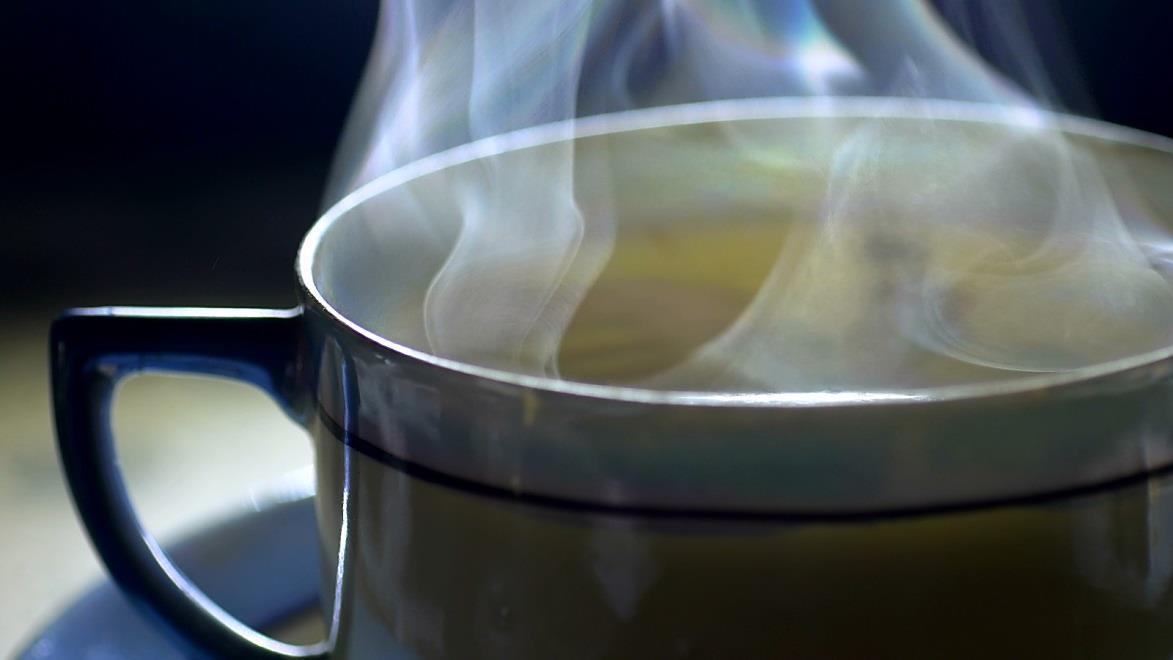
by Fern Shaw | Jan 16, 2019 | Water Coolers
By all accounts the winter weather has been behaving itself so far. Not that we haven’t had cold weather. There are still a few chilly months to get through before the temperatures begin climbing to a more appealing level and where we won’t need a few layers of...
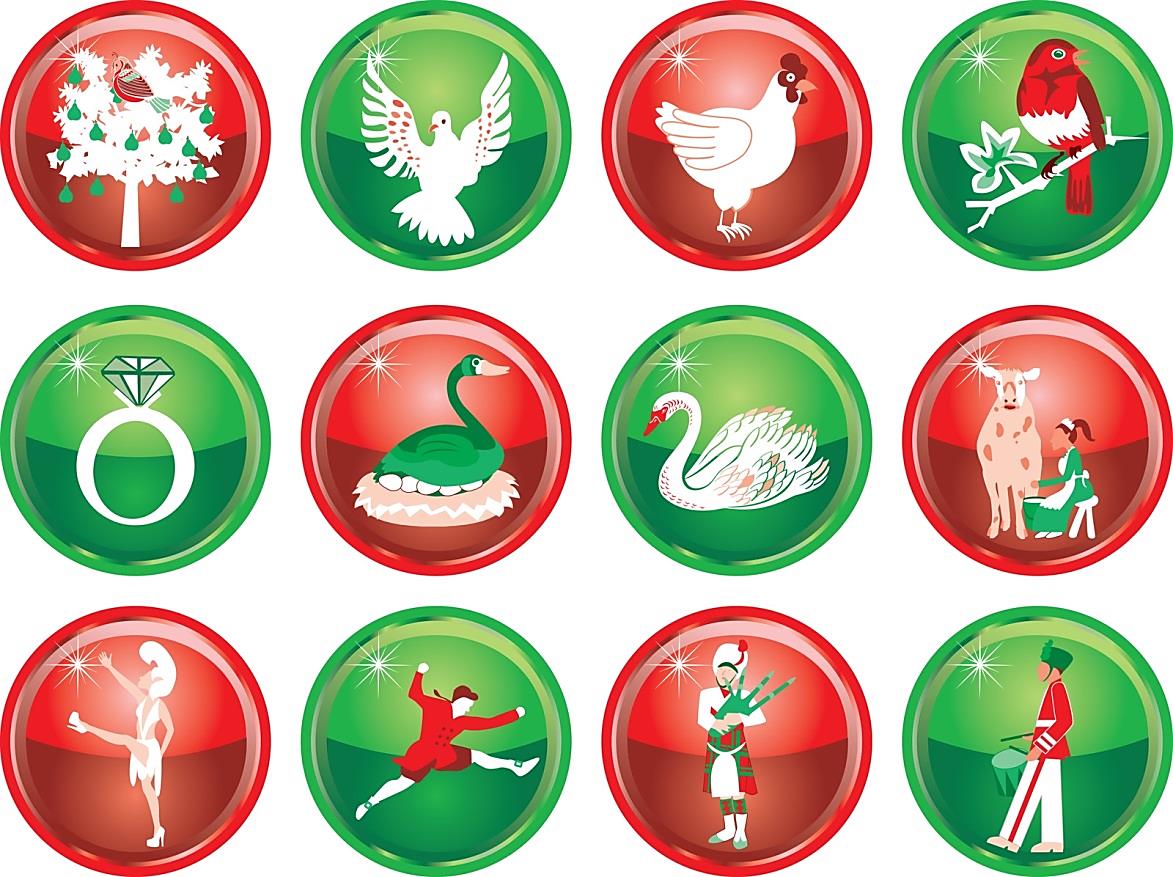
by Fern Shaw | Dec 25, 2018 | Uncategorized
A recent blog titled ‘And a Water Rich Pear Tree’ was actually about pears and how they’re such a water rich fruit (go and have a read, you’ll be glad you did). This blog, however, is actually about the origins of the rather wonderful (some would say long-winded) Twelve Days of Christmas.
According to Wiki: “The Twelve Days of Christmas” is an English Christmas carol that enumerates in the manner of a cumulative song a series of increasingly grand gifts given on each of the twelve days of Christmas (the twelve days that make up the Christmas season, starting with Christmas Day). The song, published in England in 1780 without music as a chant or rhyme, is thought to be French in origin.
In the interests of brevity, here are the opening bars:
On the first day of Christmas my true love sent to me
A partridge in a pear tree.
On the second day of Christmas my true love sent to me
Two turtle doves
And a partridge in a pear tree.
On the third day of Christmas my true love sent to me
Three French hens,
Two turtle doves,
And a partridge in a pear tree.
The song is then added to (refer to the above image for the sequence), always returning to the initial bars.
You may be wondering what this has to do with your water cooler – in fact, with water in general. It’s simple, really – we’re all aware of the term ‘water cooler humour’ – which generally refers to the habit where those worker bees who gather at their dispenser for a short break to refresh their water and top up their water bottles, and use this time to swap stories, compare notes and generally catch up on what’s been happening since everyone last got together (since the last water cooler break, that is).
Now that we’re racing towards Christmas and we’re all of good cheer, but we’re all a little tired after a big year filled with conkers such as ‘to Brexit or not to Brexit’ perhaps we’re running out of steam, or cheery topics – this is where this song comes in. You can amaze and delight your colleagues with your knowledge; you can retrieve the song on your mobile and who knows, begin a rousing rendition at the water cooler break station, which might just get everyone in more of a festive spirit (or might not, either way, we won’t be accepting any responsibility if the water cooler break goes south).
However you choose to your water cooler break, remember to stick with the original quest – to replenish your water all the better to keep your merry little self hydrated this festive season.
P.S. If you don’t currently have a water cooler where you can gather to chat to your colleagues, contact us at AquAid – we have 20 years’ experience in the provision of the right water dispenser to meet your requirements.





